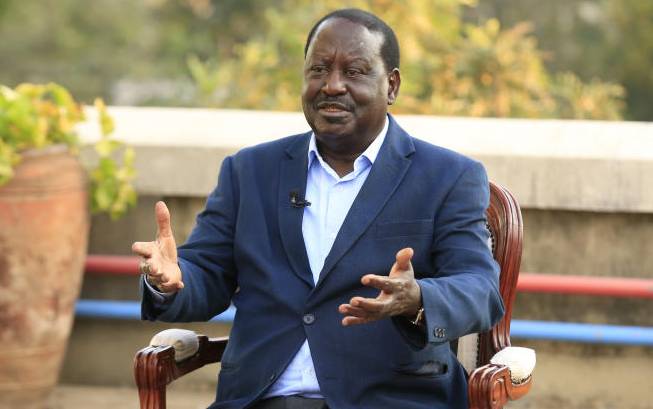×
The Standard e-Paper
Home To Bold Columnists

ODM leader Raila Odinga during an interview with the Standard Group crew at his Upper Hill offices in Nairobi on October 07, 2020. [Stafford Ondego, Standard]
There is never an easy time to be Raila Odinga. But events over the last couple of months have made it noticeably harder for the man.